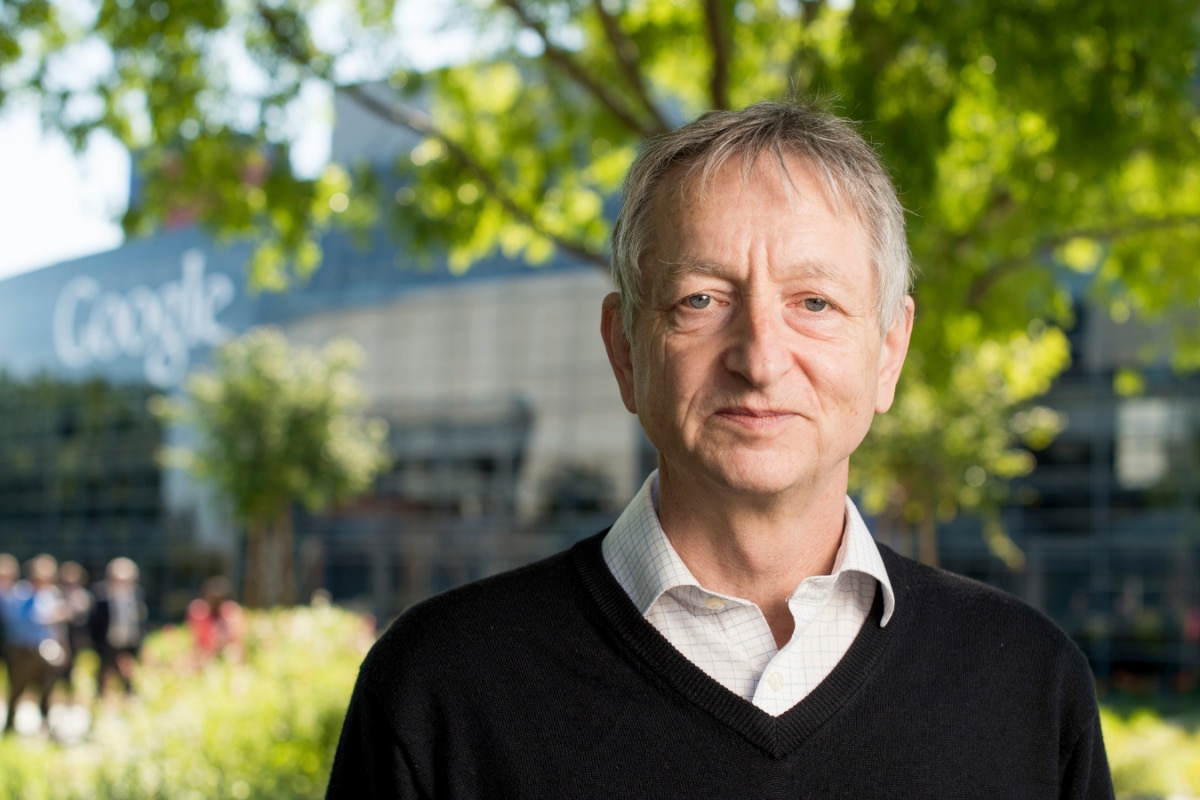

Geoffrey Hinton, the 78-year-old computer scientist celebrated as the "Godfather of AI" for his pioneering work on neural networks and deep learning, has sparked a new wave of discussion about the future of work in the age of artificial intelligence. While Hinton has voiced concerns about the potential for AI to cause mass job displacement, he also suggests that certain professions are likely to remain secure for the foreseeable future.
In a recent interview on the "Diary of a CEO" podcast that aired on June 16, 2025, Hinton shared his perspective on the evolving job market. He predicted that AI would soon surpass human capabilities in many areas, particularly in "mundane intellectual labor," which he defines as routine white-collar jobs. Hinton cautioned that AI could enable one person, assisted by AI tools, to perform the work previously done by ten, leading to substantial workforce reductions in specific fields. Paralegals and call center employees are particularly vulnerable due to AI's ability to process vast datasets and handle customer inquiries with increasing accuracy. Hinton himself stated he would be "terrified" to work in a call center now, given the potential for automation.
However, Hinton offered a surprising prediction: plumbing is one career path that may be safer than most. He explained that AI is still far from being as good as humans at physical manipulation. Plumbing requires manual skill, real-world judgment, and problem-solving in unpredictable settings, tasks that AI systems are not yet equipped to handle. Hinton noted that jobs relying on hands-on skills are less likely to be taken over by AI anytime soon, giving trade jobs like plumbing, electrical work, and carpentry an edge in the AI era.
Hinton also challenged the notion that AI would create as many jobs as it eliminates. He argued that if AI automates intellectual tasks, there would be few jobs left for humans to do, requiring very skilled workers to have "AI-proof" jobs. This viewpoint aligns with a 2024 World Economic Forum report estimating that while AI could create 12 million new jobs globally by 2025, it would displace 85 million, resulting in a net loss.
Hinton's concerns extend beyond job displacement to the potential for growing inequality. He suggests that as companies adopt AI, many workers may be displaced, while only a small group of owners and executives benefit, potentially widening the gap between the rich and poor. He has advocated for universal basic income (UBI) to mitigate the impact of job losses, but worries about the loss of purpose people may experience without work.
Despite the potential downsides, Hinton acknowledges that some sectors, like healthcare, may adapt more easily to AI changes due to the consistently high demand and the need for a human touch. He also suggests that some jobs may evolve into roles where humans work alongside AI, though this shift could still lead to a reduced workforce.
Hinton's insights highlight the urgent need to prepare for AI's impact on the job market. While blue-collar workers may have more time to adapt, white-collar professionals need to act swiftly. Investing in accessible education and career transition programs is crucial to supporting individuals through this transformation. As AI continues to evolve, understanding its potential impact and taking proactive measures will be essential for navigating the changing world of work.